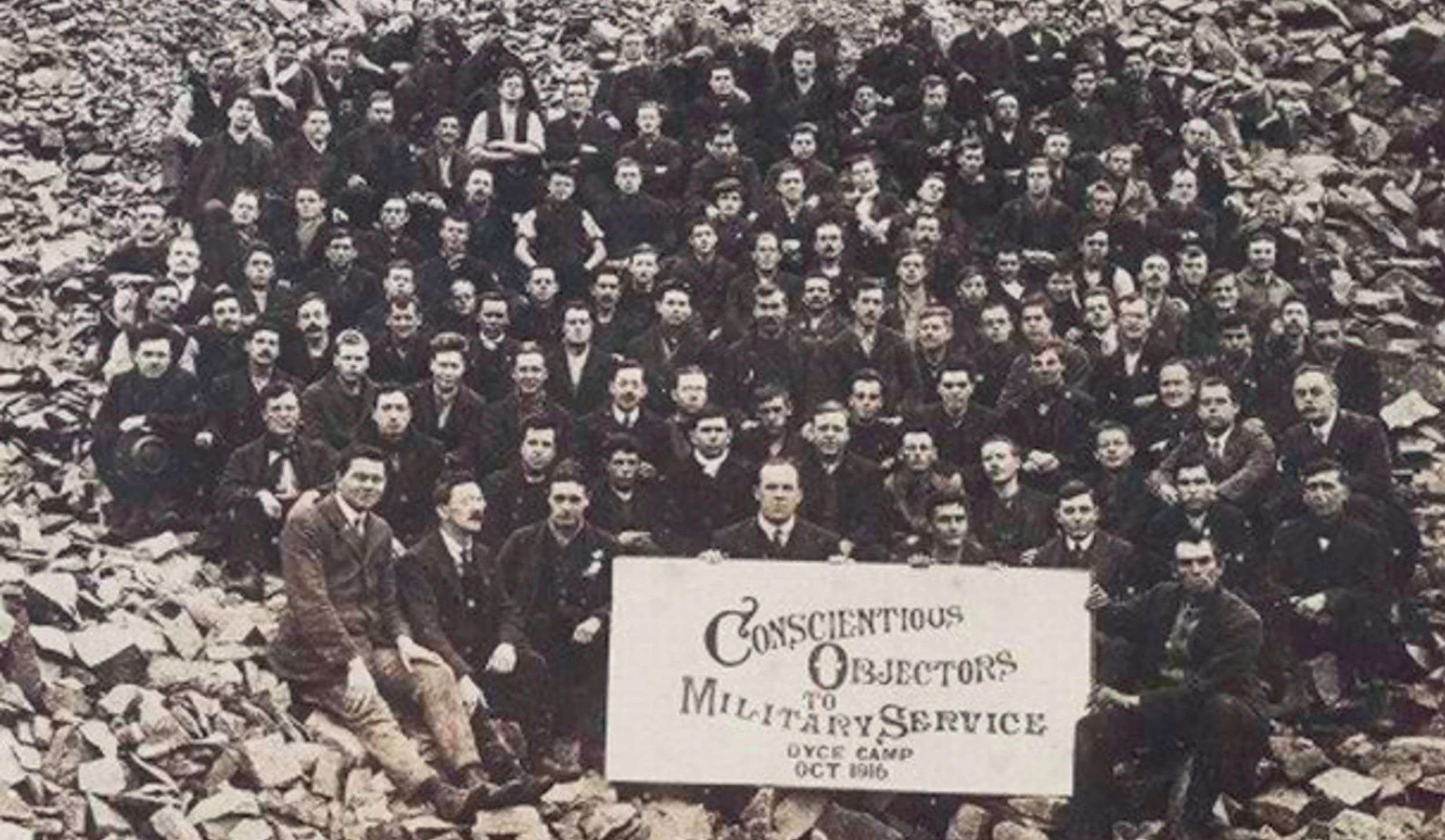
In the twentieth century, an age of total wars resulted in unprecedented methods for raising mass armies, and in Britain from 1916 onwards, conscription. The practice of compelling men of fighting age to join the army and serve their country was common in Europe, but before the First World War Britain had no tradition of this. The conflicts of the nineteenth century, the wars against Napoleon and the Crimean War, were fought by Britain’s relatively small volunteer army and large navy.
As a result of the advent of conscription (which lived on as National Service until the 1960s) individuals were often faced with moral and ideological choices about war that previous generations had never been forced to consider. This article considers those that refused to go to war on moral and political grounds during the two world wars, and how the British state treated them.
Your organisation does not have access to this article.
Sign up today to give your students the edge they need to achieve their best grades with subject expertise
Subscribe




